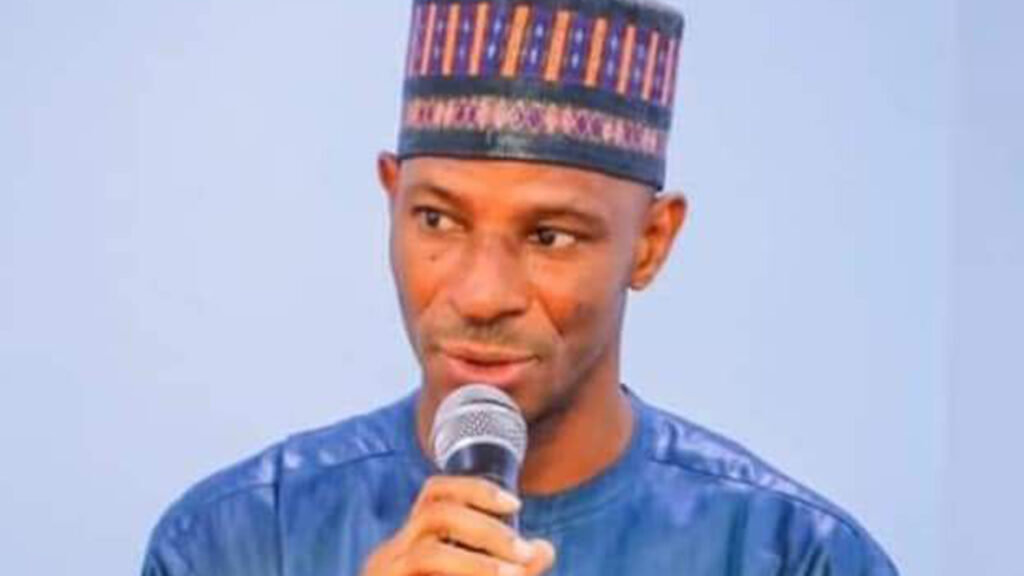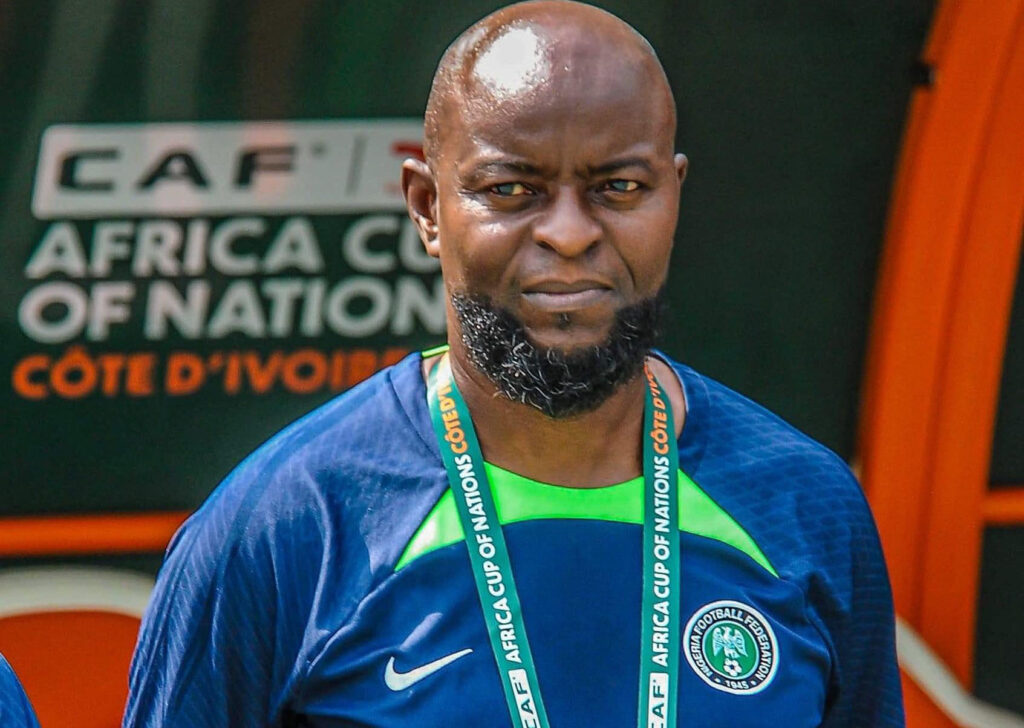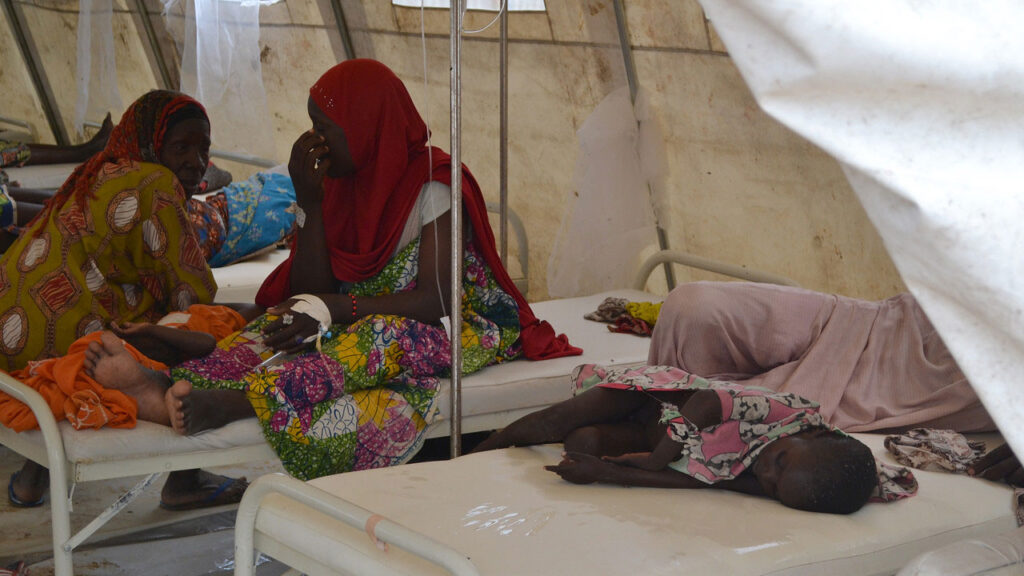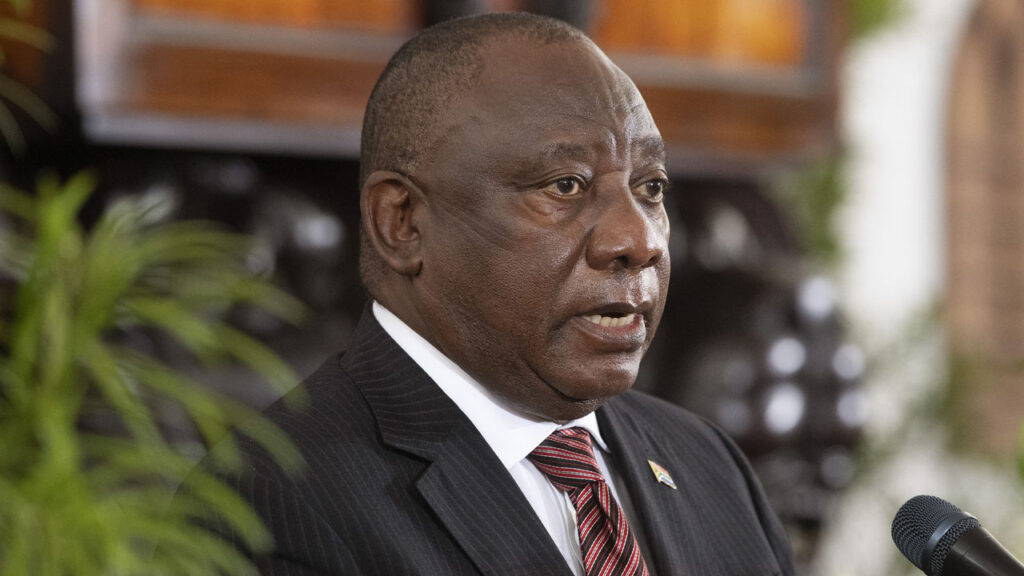
Desperate efforts by Nigeria and other countries to evacuate their citizens from war-ravaged Sudan is indeed a measure of the deep conflict into which the central African country has fallen.
As the international community calls on the warring parties to embrace peace, more than 420 people have been reportedly killed, while more than 3,700 others have been wounded.
Indeed, Africa is in the news, again, for the wrong reason. Since April 15, nearly two weeks, there has been in-fighting between factions of the Sudanese Security forces, namely the Army led by General Abdel Fattah Abdelrahman Burhan and the Rapid Support Forces (RSF) under the command of General Mohammed Hamdan Dagalo, otherwise known as Hemedti due to three reasons. One is a disagreement over how RSF paramilitaries should be incorporated into the Sudanese army.
Two is the reluctance on the part of the Generals to hand over power to civilians in a transition process that is billed to end this year. Three, and more fundamentally, is the RSF’s desire to control more of the country’s economic assets, particularly its gold mines.
As an observer puts it, “We are not talking about two men, or factions, with ideological differences over the future direction of the country. This cannot be framed as a left-wing versus right-wing thing, or about warring political parties. Nor is this a geo-religious conflict – pitting a majority Muslim North against a Christian South.
And it isn’t racialised violence in the same way that the Darfur conflict was, with the self-identified Arab Janjaweed killing Black people.” However, fighting broke out between the Generals. In particular, fighting has intensified in the country’s capital, Khartoum. So far, it has unleashed huge humanitarian crisis.
The country’s airport has been closed, and civilians are shuttered in their houses without light and food while over 400 people have been killed. Above all, United Nations relief efforts have been stalled while attempt at ceasefire over the Eid festival failed.
It would be recalled that Sudan’s long-time ruler, President Omar al-Bashir, was deposed by the military on April 11 in 2019 in the same manner he came into power in 1989 in what some observers dubbed as Arab Spring 2.0. It came against the background of prolonged protest by the population over rising cost of living and authoritarian policies of the government. Since the coup occurred five years ago, the question of the repository of power has not been resolved.
At the inception of the coup, General Awad Ibn Auf, the country’s vice president and defence minister who led the coup, announced that “The armed forces will take power with the representation of the people to pave way for the Sudanese people to live in dignity.” As is customary with military intervention in politics, the 2005 Constitution was suspended under a three-month state of emergency in opposition to the demand of the civil society who preferred “a civilian council, parliament and government” as well as a shorter transition process. The process was deadlocked under leadership of General Abdel Fattah Abdelrahman Burhan. In 2021 the general seized power negating the transitional government that had earlier been set up.
In the present crisis, external meddlesomeness has been implicated. Egypt and United Arab Emirate are said to be funding some of the militias. Americans and the European Union are also implicated. The news is that a couple of Egyptian soldiers have been captured in northern Sudan. Indeed, these countries employ militias to fuel anarchies in the Middle East.
It is important to note that in February this year, Sudan agreed with Russia to construct a naval base by the Red Sea, said to be the most important shipping lane in the planet. In the context of the rivalry between the two great powers, the move elicited cynical response from the U.S. The latter’s Ambassador to Sudan, John Godfrey did observe that “All countries have a sovereign right to decide which other countries to partner with but these choices will have consequences.”
Observers believed that the current conflict is a consequence of the deal with the Russians. In a way, this is tending towards a proxy war between U.S. and Russia just like in Ukraine. The warning from keen observers that foreign forces should keep off Sudan is therefore timely, for the emergence of local solutions to the problem. It is not in the interest of the continent that this conflict endures.
Both Generals must pave way for peace as the continuation of the fighting is already inflicting suffering on the civilian population, and this may worsen. Also, a civil war in Sudan will complicate the security situation in the region already ravaged by conflict. South Sudan is unsteady, so is Chad, Libya and Ethiopia. The point must be made that the present conflict combined with intercommunal clashes and violence in Darfur and Kordofan regions would aggravate separatist impulses, and if care is not taken, the country risked further bifurcation.
It is really unfortunate that RSF, an offshoot of the murderous Janjaweed is at the heart of the current conflict. Here is a force that committed genocide in Darfur and has been indicted by the International Criminal Court (ICC). The RSF, also perpetrated much of the bloody crackdown of pro-democracy activists, including the massacre of 120 protesters in the aftermath of the 2019 coup d’état.
So far, there are lessons to be learnt from the current conflict. One is that military rule remains an aberration. It is antithetical to democratic principles. It is more profitable for the men on the horseback to submit to the democratic control of the armed forces, while the military concentrate on professionalism, security and other collateral functions for national development. Commitment to professionalism is also somewhat an antidote to military intervention in the polity.
For Nigeria, there is a big lesson to be learnt. The impulsive rehabilitation of the Boko Haram insurgents and their backdoor recruitment into the Nigerian army and other paramilitary institutions must stop if the current fate of Sudan is not to befall the country. While the conflict rages and countries are undertaking evacuation of their citizens, a word is not out of place for those countries latently and manifestly involved in the mayhem in Khartoum to keep off and allow peace to reign.










